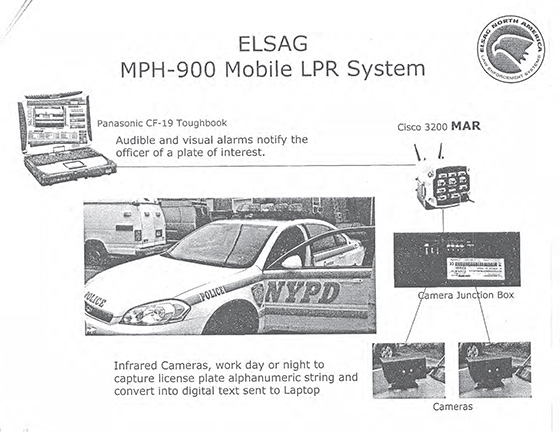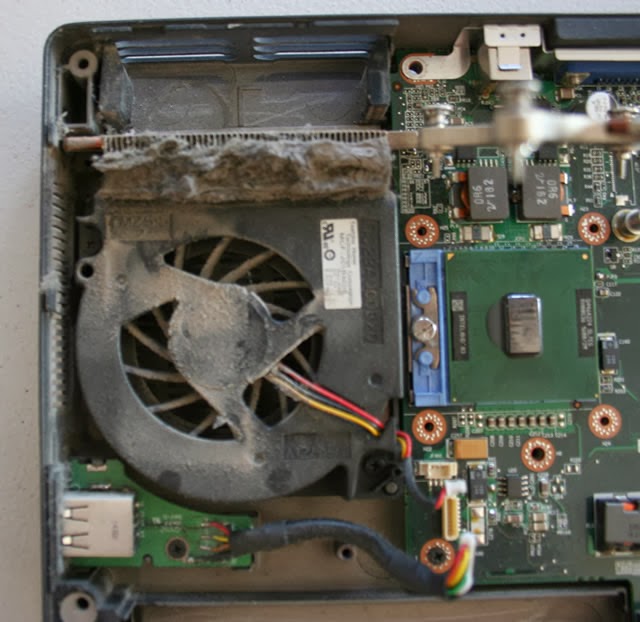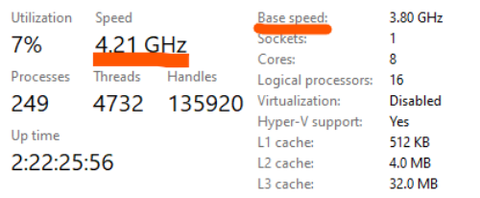Unmasking the Usage of License Plate Scanners Across U.s States
Introduction
With technological advancements, the United States law enforcement has adopted the use of license plate scanners. These devices have become a focal point of debate due to privacy concerns and questions about their effectiveness in deterring crime. This article seeks to unmask their usage across different U.S states, provide insights into state regulations impacting their use and address the controversies related to their implementation. We will also evaluate their role in enhancing security.
What Are License Plate Scanners and How Do They Work?
License Plate Scanners, better referred to as Automated License Plate Readers (ALPRs), are essential tools in modern law enforcement tactics.
- Design and Placement: ALPRs are designed as high-speed cameras, which can normally be found mounted on patrol cars or fixed structures like poles or located at significant intercity junctions.
- Operation: They function by capturing images of any license plates in their line of sight. These images are then processed and converted into text format that the system can understand and analyze.
- Data Capture: Along with the license plate information, the ALPR also records pertinent data points such as the date, time, and precise location of the capture.
- Data Checking: This wealth of information is swiftly cross-referenced with a database containing a 'hot-list' of plates associated with criminal activities.
- Alert Mechanism: If a scanned license plate matches one on the hot-list, the system immediately notifies law enforcement officers for further action.
These features collectively make ALPRs very valuable to policing and security operations in various states across the U.S.
Which States in the U.S Currently Utilize License Plate Scanners?
License plate scanners have become an increasingly common tool in U.S law enforcement's mission to combat crime and ensure public safety. Their usage is now widespread in states across the country, irrespective of their size or population density.
Let's delve into the prevalence of these devices in some notable states:
1. New York: Known for its bustling urban spaces, this state has embraced the use of license plate scanners in a big way. The technology has been incorporated in both major cities and smaller towns to maximize its efficacy.
2. California: One of the country's most populated states, California readily adopted license plate scanners to manage its higher crime rates. They are deployed extensively in major cities and law enforcement agencies heavily rely on them for crime detection and prevention.
3. Vermont and New Hampshire: Despite being relatively smaller states, both Vermont and New Hampshire have integrated license plate scanners into their policing strategies. Although their usage might not be as extensive as in larger states, the impact is equally significant.
Differences in the usage of license plate scanners from state to state largely depend on several factors. Key among these are funding capabilities, public acceptance of the technology, and local crime rates. Urban centers with higher crime rates tend to have more scanners, while rural areas and less-dense towns operate fewer due to budgetary constraints and lower crime incidences.
In conclusion, license plate scanners are a rising law enforcement trend across U.S states, irrespective of their size or locale. Their impact in enhancing security while posing new challenges is a topic of great interest for both citizens and public safety agencies alike.
How Do Various States' Regulations Impact the Use of License Plate Scanners?
Across the U.S, state regulations bear significantly on the deployment and application of license plate scanners, with an array of consequences manifesting in the distinct states.
- Data Retention Policies: States like California and Utah boast strict policies on scanned information storage. Enforced data retention regulations across these states ensure that the acquired data is safe and its use is objectively monitored.
- Lack of Regulations: In comparison, there are states with no explicit rules concerning license plate scanners. This paucity of regulations potentially facilitates unlimited data storage and indiscriminate sharing, thereby raising privacy concerns.
- Interstate Law Enforcement Cooperation: The disparity in the regulations of different states can limit interstate law enforcement cooperation at times. This variation is because the policies of one state might conflict with those of another, causing compounding difficulty in cases requiring multi-jurisdictional coordination.
- Investigation Hindrance: Apart from hampering interstate collaborations, the vast discrepancies in regulation may also constitute roadblocks in investigations involving different jurisdictions. When effective coordination becomes improbable, the efficiency of these scanners in law enforcement process potentially diminishes.
In summary, the varying regulatory environments across the states influence the utilization of license plate scanners, decisively molding their effectiveness and their implications on privacy. As such, realizing a standardized regulatory framework might prove instrumental in optimally harnessing the benefits of these devices while mitigating the linked adverse effects.
What Controversies Surround the Use of License Plate Scanners?
The application of license plate scanners in the United States has led to a series of debates. These primarily focus on privacy rights, potential misuse of information, and the need for tighter regulation. Here's a condensed rundown of the main controversies:
- Privacy Rights Violation: The root of the argument lies within the potential invasion of privacy. Detractors highlight that with the data collected by scanners, one could feasibly establish an individual's geographical profile, effectively charting their movements and routines. This seems to be a clear breach of an individual's right to privacy.
- Misuse of Information: Fears about the misuse of scanned data are prevalent. Given the breadth and sensitivity of the collected information, there is a genuine threat that this data may inadvertently end up in the wrong hands, potentially to be used for malicious purposes.
- Inadequate Regulations: On the legal front, criticism is centered around the fact that not all states have comprehensive regulations governing the use of license plate scanners. This lack of standardization results in varying degrees of data protection across the country, leading to unpredictable and potentially unethical practices.
- Storage and Sharing Problems: The unrestricted storage and sharing of data, especially in states with lax regulations, is another point of contention. Calls for stricter data retention policies have been increasing with a focus on ensuring scanned data isn’t kept indefinitely and shared only under strict restrictions.
This heated debate, while necessary for a healthy democracy, has underscored the need for nationwide consensus to balance privacy rights with effective law enforcement.
How Effective are License Plate Scanners in Ensuring Security?
License plate scanners have raised the game in the realm of law enforcement, displaying significant potential in enhancing security measures across the nation. The impact of these technological masterpieces in bolstering security can be analyzed by examining the following key benefits and limitations:
Benefits
• Identification of Stolen Vehicles: High on the list of benefits, license plate scanners have propelled the hunt for stolen vehicles by alerting officers immediately when a plate associated with a stolen vehicle is scanned.
• Unearthing Unregistered/Uninsured Vehicles: In addition to detecting stolen cars, scanners play a crucial role in identifying vehicles without proper registration or insurance.
• Tracking Criminal Activity: Arguably the most vital benefit of these scanners is their ability to track vehicles tied to a range of criminal activities, significantly advancing the capabilities of law enforcement.

Limitations
However, these capabilities are influenced by several factors that can potentially hinder their effectiveness:
• Quality of Databases: The effectiveness of license plate scanners is considerably reliant on the comprehensiveness and accuracy of the databases or 'hot-lists' used.
• Technicalities and Human Error: Technological shortcomings or human errors can lead to false positives or missed detections, impacting the overall effectiveness.
Recent stats back up these capabilities. For instance, in 2018, Kansas City Police Department reported that scanners identified 2,900 stolen vehicles within a single year, highlighting an exceptional rate of success.
In conclusion, while license plate scanners have substantial benefits in ensuring security, their efficacy can be undermined by various technical and human factors. Hence, careful calibration, robust databases, and proficient operators are essential in optimizing their potential in law enforcement.
Conclusion
The use of license plate scanners by U.S law enforcement agencies undoubtedly plays a pivotal role in policing. While they offer potential for increased efficiency in crime detection, their use is tainted by controversies surrounding invasion of privacy and data misuse. Hence, striking a balance between law enforcement needs and upholding privacy rights is vital as their use becomes more prevalent.
Frequently Asked Questions
Can license plate scanners infringe upon privacy rights? - Yes, especially if misused, scanners can capture and store detailed geographical profiles of individuals over time, raising privacy concerns.
How do law enforcement agencies use data from license plate scanners? - Agencies use this data to identify and locate vehicles associated with criminal activities, stolen vehicles, unregistered, or uninsured vehicles among others.
Has the usage of license plate scanners helped decrease crime rates? - While scanners help in detecting and deterring crime, a correlation between their usage and a decrease in crime rates is not definitively established.
Related FAQs about what states have license plate scanners
Can license plate scanners infringe upon privacy rights?
Yes, license plate scanners can infringe upon privacy rights. They collect and store geographical information of vehicles over time, which could lead to a rough profile of an individual's movements. This has raised concerns about infringing privacy rights.
How do law enforcement agencies use data from license plate scanners?
Law enforcement agencies use data from license plate scanners to detect and locate vehicles associated with criminal activities, locate stolen vehicles, and identify unregistered or uninsured vehicles. This helps in quick identification and action.
Has the usage of license plate scanners helped decrease crime rates?
License plate scanners aid in detecting and deterring crime by identifying vehicles linked with criminal activities. However, a definitive correlation between their usage and a decrease in crime rates hasn't been established yet.







